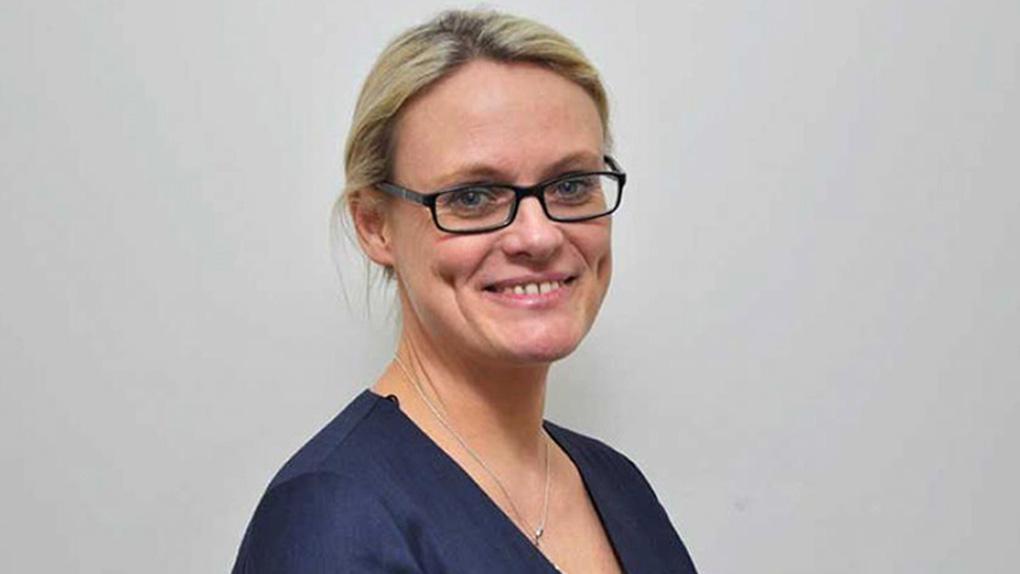
Technical and Professional Education – the future
Technical and professional education gets an end-of -year appraisal
by Lisa O’Loughlin, Principal, The Manchester College
The Manchester College Principal Lisa O’Loughlin gives technical and professional education an end-of -year appraisal
Further Education, and especially technical and professional education (TPE), is rarely out of the news and political debate these days. On 8th December, for example, the Skills Commission launched their influential report ‘Going Places’ on strategic innovation in FE, the culmination of a year-long project in which the LTE group played a prominent role. You can find a copy of the report on the LTE group website. While this was going on at Portcullis House, across the road in the House of Lords, there was a debate covering the whole gamut of technical education, including Apprenticeships and higher level skills. As I write this, no fewer than five inquiries are taking place into various aspects of the Government’s policies on skills and post-16 education.
Since we are approaching the end of a very eventful year, I think now is a good time to take stock of where TPE stands, and to share my views on how it can best progress in the years ahead.
Sainsbury and the Post-16 Skills Plan
Perhaps the biggest development this year was publication of the Sainsbury report in July, and the Post-16 Skills Plan that the Government issued as a result. I very much welcome both of these, as I do the Government’s intention to establish Institutes of Technology on a regional basis. In particular, I am heartened by the clear focus that the Government has now placed on technical education and skills as the key to unlocking the perennial problem of low national productivity. Government are putting FE Colleges at the heart of these developments and new delivery models, which is very good news.
Institute for Apprenticeships
The Government’s plan to expand the role of the nascent Institute for Apprenticeships (IFA), so that, in 2018, it will become the Institute for Apprenticeships and Technical Education is also positive, so long as it is properly resourced. This gives substance and reality to the view that good classroom-based TPE can be every bit as strong a route as an Apprenticeship, and just as likely to result in positive outcomes for learner, employer and economy.
CIAG
I have long advocated a major review of careers information, advice and guidance (CIAG) and am encouraged that the change in Skills Minister during the summer does not seem to have deflected the DfE from its commitment to a much-needed Careers Strategy. We still expect that, when it is published, it will be followed by legislation to ensure colleges and Apprenticeship providers are given access to schools to create a level playing field and fuller information in careers guidance. This would be a tremendous step forward for TPE and Apprenticeships.
A key role for the FE sector in delivering world-class TPE
If I stand back for a moment and look at further education as a whole, certain points become clear. The first is that, although the sector has been under-funded for years, it can still deliver the world-class TPE that the Government wants and the country needs, but only if:
- it is properly funded – this really is the first and most important pre-requisite
- there is a cohesive system across levels to allow for seamless progression from lower to higher level study
- the emerging technical curriculum, based on the 15 pathways in the Government’s Post-16 Skills Plan, are mapped to adult pathways and linked to local economic needs and local outcome agreements
- there is mapping too with other funding routes to ensure institutional sustainability
- we finally have in this country the excellent careers information, advice and guidance for all ages, providing a level playing field for all post-16 options and with the involvement of employers and stakeholders in a constant two-way dialogue
Taken as a whole, this year’s developments provide real grounds for hope and optimism. Crucially, the planned implementation timescales signal that the Government is taking them very seriously: the link between TPE and improving national productivity in the uncertain economic times that lie ahead is one that is constantly repeated by Government. It is my wish – and one shared by my counterparts in the sector – to work closely with Government to shape the exciting possibilities of the future.
